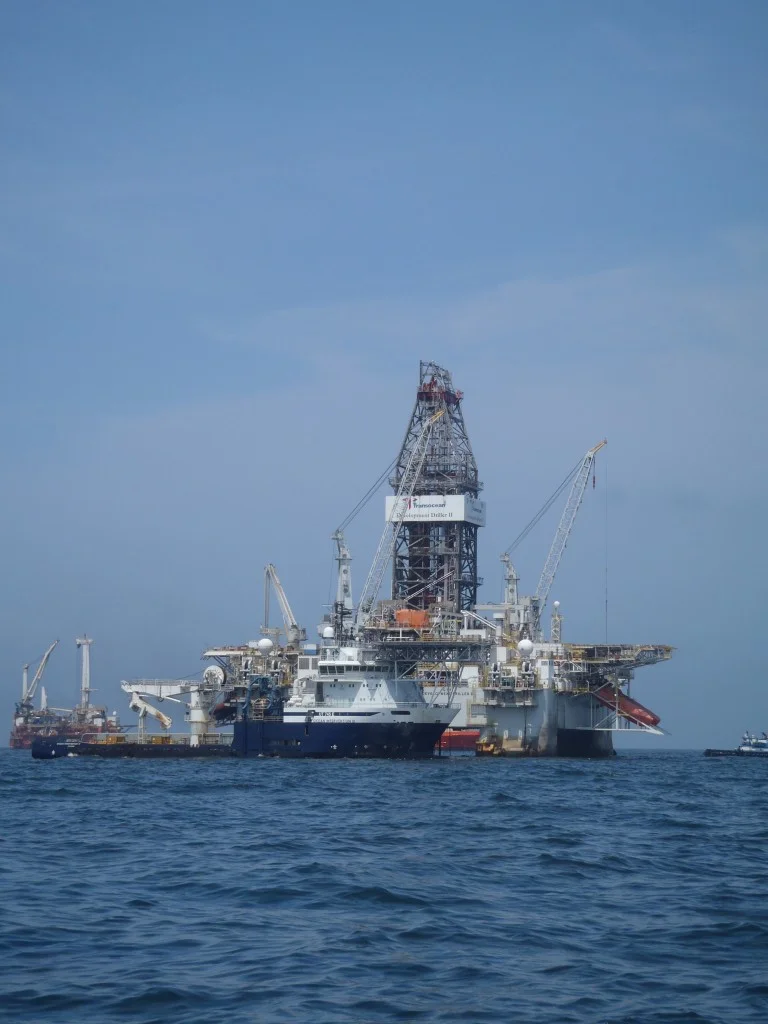The R/V Oceanus will depart Gulfport at 12AM on August 21. The science party consists of microbiologists, isotope geochemists, chemical ecologists, physical oceanographers, geologists, and biogeochemists from the University of Georgia (UGA), Georgia Institute of Technology, Lamont-Doherty Earth Observatory (LDEO), the University of California Santa Barbara, the University of Maryland, and the University of Southern Mississippi. We'll be conducting joint operations with the R/V Cape Hatteras, which will house scientists from the University of Texas, UGA, and LDEO.
Where has the oil gone?
The Deepwater Horizon wellhead that tapped the Macondo reservoir was capped on 15 July 2010. After the venting of oil and gas into the Gulf waters was stopped, everyone felt a sense of relief. Multiple news outlets have reported that the surface oil has disappeared, for the most part. I read many reports that stated conclusively the oil had been either transferred to the atmosphere (via evaporation) or that it had been consumed by oil-eating microorganisms. Everyone’s reaction was, not surprisingly, ‘what a relief !!’. Should we be relieved? Is this disaster over?
Where things stand
The gulfblog is back. Sorry it took me so long to do this update. The past couple of weeks have been the busiest and most demanding of my career. Everyone in the lab has been working feverishly to complete the analyses of samples collected on the Pelican and Walton Smith cruises. Those data sets are almost complete and I am now working to complete two manuscripts that I hope will be submitted by the end of June. Below I answer some of the questions that came in to the blog over the past two weeks. At the end, I talk about what our next research steps will be.
Hide and seek
The plume was hiding. We anticipated that the flow trajectory of the oil and gas discharging from the leaking riser pipe would change after the pipe was cut but it was tough to predict which way the flow would go. We had a day and a half of ops remaining and our goal was to find the plume, revisit several stations to see how they had changed over time, and sample two control sites well away from the plume.
How things change
Yesterday and half of today, we were unable to conduct science operations because of a jammed gear in the clutch in one of the engines. Thanks to the heroic efforts of the ship’s crew to repair the problem quickly, we are back in business. We are almost back to the spill site, where we are anxious to re-occupy the four stations nearest to the leaking well. We probably can’t get very close (perhaps within a mile) tonight as BP is trying to cap the cut off riser pipe. Tonight, we’ll get within a mile or so.



